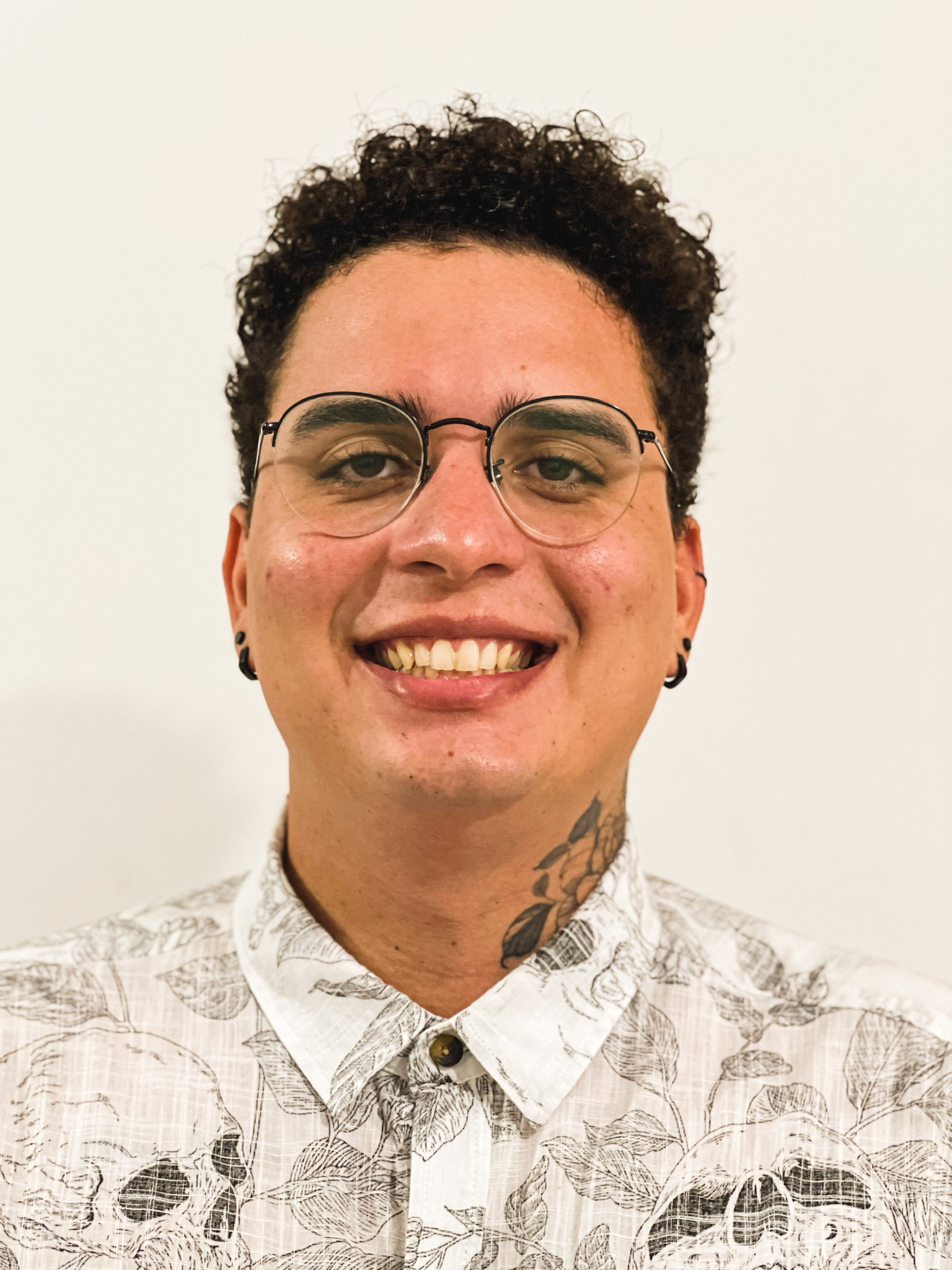Philippe Coutinho arrived as a young child to the Vasco da Gama youth academy and, as a great Vasco promise in the early 2000s, managed to be sold even before making his debut for the first team.
In 2008, when he was 16 years old, Vasco accepted a proposal from Inter Milan of 3.8 million euros for the young player. As he could not play in Europe before the age of 18, he only traveled to Italy in mid-2010. Before that, Coutinho participated in Vasco’s 2009 Série B title win and was elected the best midfielder in the Campeonato Carioca the following year.
READ MORE
++ Did you know that Neymar and Toni Kroos argued on social media?
++ What betting rules did Paqueta break in England?
++ How Xavi being fired can help Vitor Roque at Barcelona?
Frustrating start in Europe
Despite being signed as a great promise, Coutinho failed to establish himself at Internazionale. Part of this is due to his youth and part to the injuries he suffered.
In three years in Italy, he played just four more games than he did in just over a year at Vasco. In 2012, he was loaned to Espanyol, where he had a relatively successful spell.
Back at Inter, Coutinho improved his performance, but ended his stint at the club in January 2013, when he was sold to Liverpool for £8.5 million.
At Liverpool, Coutinho took the number 10 shirt and participated in the club’s restructuring. Although he did not win titles, he lived five great years that earned him frequent call-ups to the Brazilian national team, the best phase of his career and a €160 million transfer to Barcelona, who bet on him to replace Neymar and Iniesta.
At Liverpool, where he was known as the “little magician”, Coutinho left the club shortly before the team won the Champions League and the Premier League, between 2019 and 2020.
At Barcelona, Coutinho arrived with high expectations, but failed to fulfill them. Although he won two La Liga titles, his two years at the club were erased and marked by injuries.
He was then loaned to Bayern Munich. Although he was not a protagonist, he won the biggest title of his career by winning the Champions League, in a campaign that included the last two goals in the historic 8-2 rout over Barcelona itself.
He was later loaned to Aston Villa, at the request of coach Steven Gerrard, with whom he played at Liverpool. After a good six months in 2022, the English club paid €20 million to buy him permanently. However, Coutinho did not maintain the same level and, after Gerrard’s dismissal, became a reserve at the English club.
Passage through the Brazilian national team
Coutinho’s first glories with the Brazilian national team came in the youth teams, with highlights including the 2011 U-20 World Cup title, on a team that included Casemiro, Oscar and Dudu.
Although he was called up to the senior team as early as 2010, Coutinho only became a regular presence between 2015 and 2016, especially under coach Tite.
With Tite, Coutinho was a protagonist at the 2018 World Cup and champion of the 2019 Copa América. In 2022, he was not called up only due to an injury.
Philippe Coutinho’s titles
- 2x La Liga (Barcelona)
- 1x UEFA Champions League (Bayern Munich)
- 1x Copa América (Brazilian National Team)
- 1x Bundesliga (Bayern Munich)
- 1x Coppa Italia (Inter Milan)
- 1x Copa del Rey (Barcelona)
- 1x DFB-Pokal (Bayern Munich)
- 1x Spanish Super Cup (Barcelona)
- 1x Brasileirão Série B (Vasco da Gama)
Philippe Coutinho’s possible return to Vasco can be seen as a return to his roots, bringing to the club the experience and background of a player who has won important titles in Europe and with the Brazilian national team.
Remembering Zagallo
Sambafoot Series launched a new documentary about the football legend Zagallo. Known as ‘Velho Lobo‘ and as superstitious as it gets, Zagallo helped shape what Brazilian football is nowadays — as a player and as a coach.
Watch the full series, available on Sambafoot’s Youtube channel.



